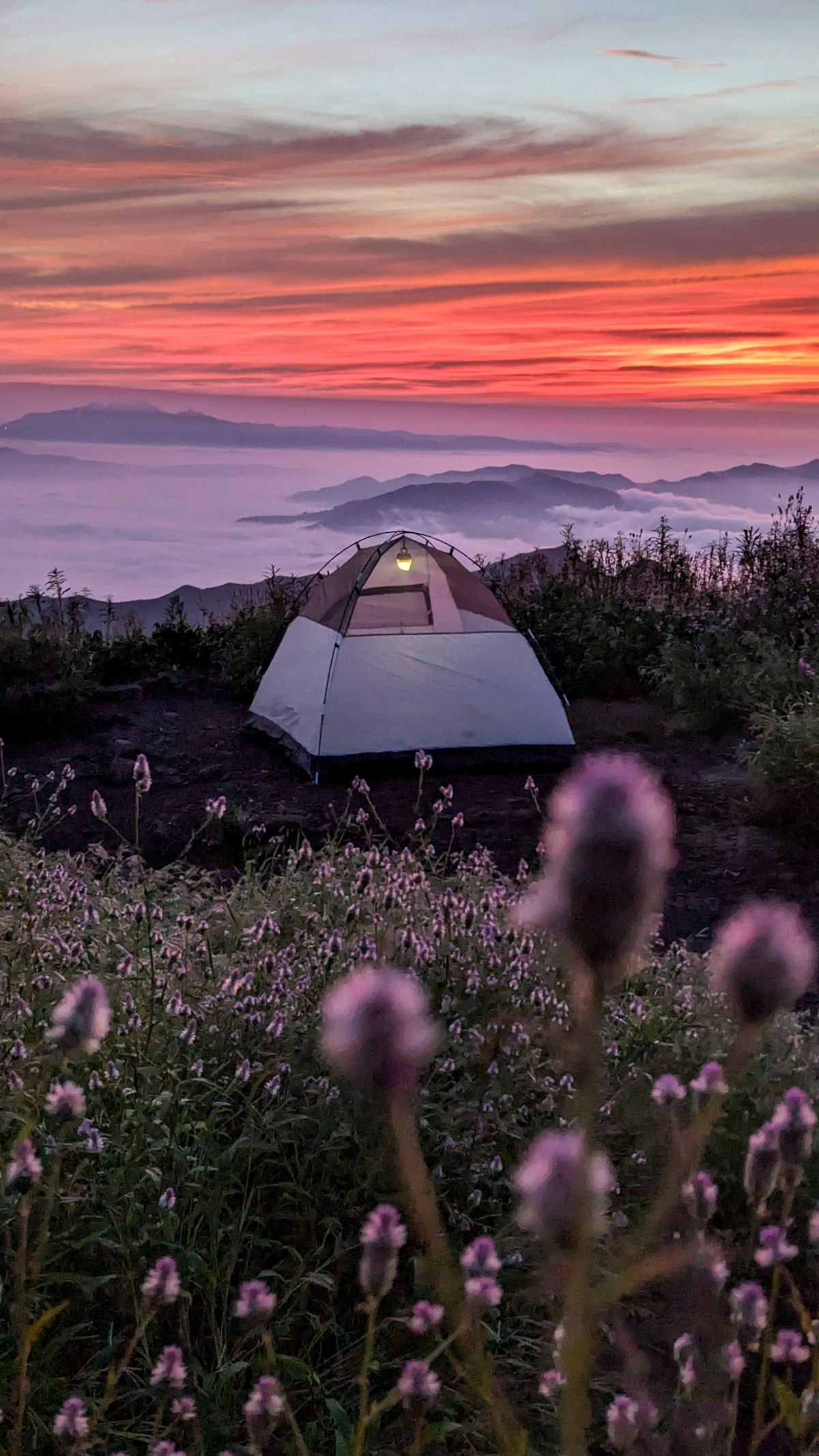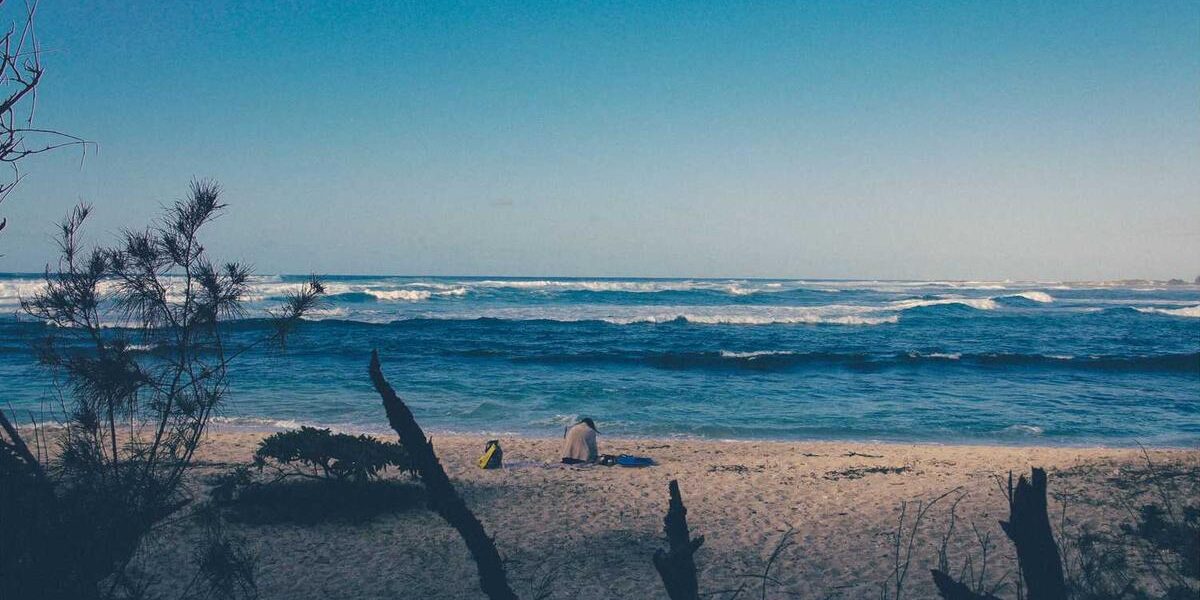
Talking about day hike gear essentials has gotten complicated with all the gear lists everywhere online flying around. Let me cut through the noise and tell you what actually matters.
Navigation Tools
Reliable navigation tools are crucial. Relying on smartphone maps isn’t enough. Bring a physical map of the area and a compass. These tools don’t rely on battery life or signal. Consider a GPS device as a backup. Modern GPS units are lightweight and provide accurate location tracking.
This is the part most folks skip over, but trust me, it matters more than you think.
Proper Clothing
Layering is key. Start with a moisture-wicking base layer to keep sweat away from your skin. Add an insulating layer like a fleece jacket to retain body heat. Finish with a waterproof and windproof outer layer. Avoid cotton as it retains moisture, which can lead to discomfort and hypothermia.
Hydration
Water is non-negotiable. Dehydration can quickly ruin a hike. Carry at least one liter of water for every two hours of hiking. Hydration bladders provide hands-free access to water, while collapsible bottles save space. Consider a portable water filter if you’ll be near natural water sources.
Food and Snacks
High-energy snacks are essential. Trail mix, energy bars, and dried fruit provide quick carbs and fats. Pack a more substantial meal if you plan a long hike. Avoid perishable items. Choose foods that are easy to carry and won’t spoil.
First Aid Kit
A basic first aid kit can be a lifesaver. Include bandages, antiseptic wipes, and pain relievers. Add moleskin for blisters and any personal medications. Knowing how to use these items is as important as having them. Take a basic first aid course if you haven’t already.
Sun Protection
Sun exposure can lead to sunburn, dehydration, and heat exhaustion. Pack sunscreen with an SPF of at least 30. Lip balm with SPF protection is also important. A wide-brimmed hat and UV-blocking sunglasses offer additional protection.
Emergency Shelter
While not always needed for a day hike, an emergency shelter can be invaluable. Lightweight options include space blankets or bivy sacks. These can protect you from wind, rain, and cold if you’re forced to stay overnight.
Lighting
A headlamp or flashlight is essential, even for day hikes. Batteries can die, and weather conditions can change. Bring extra batteries. Hands-free headlamps are ideal as they leave your hands free for tasks.
Tools and Repair Items
A multi-tool can fix many unexpected issues. Choose one with a knife, screwdriver, and can opener. Duct tape is great for temporary repairs. A small length of paracord can also be handy for various tasks.
Fire Starting Tools
Pack waterproof matches or a lighter. Fire can be crucial for warmth and signaling in an emergency. Consider a small fire starter, such as magnesium flint, as a backup. Make sure you know how to start a fire safely and responsibly.
Backpack
The right backpack makes carrying your gear much more comfortable. Look for one with padded straps and a waist belt. Multiple compartments help with organization. Choose a pack that’s the right size for the length of your hike and the gear you need.
Personal Items
Don’t forget personal items like identification, a small amount of cash, and a credit card. A fully charged phone is essential. Consider a portable charger. A whistle can help in an emergency. It’s loud and requires less energy than shouting.
Health and Hygiene
Hand sanitizer and wet wipes help maintain hygiene. Pack a small trowel for digging catholes if nature calls. Carry a ziplock bag for used toilet paper and other waste to pack out. Keep hygienic essentials easily accessible.
Weather Considerations
Check the weather forecast before you go. Adjust your packing list accordingly. Extra layers or waterproof gear can make a big difference. Remember that mountain weather can change rapidly, so be prepared for all conditions.
- Map and Compass
- Layered Clothing
- Water and Hydration System
- High-Energy Snacks
- Basic First Aid Kit
- Sun Protection
- Emergency Shelter
- Lighting Source
- Multi-Tool
- Fire Starting Tools
- Backpack
- Personal Items
- Health and Hygiene Products
- Weather-Specific Gear
Packing a well-thought-out kit helps ensure you have a safe and enjoyable hike. Take the time to plan and prepare. This attention to detail can make all the difference in your outdoor adventures.
“`
That is what makes day hike gear essentials endearing to us day hikers. It is not about being perfect — it is about getting out there and learning as you go.



